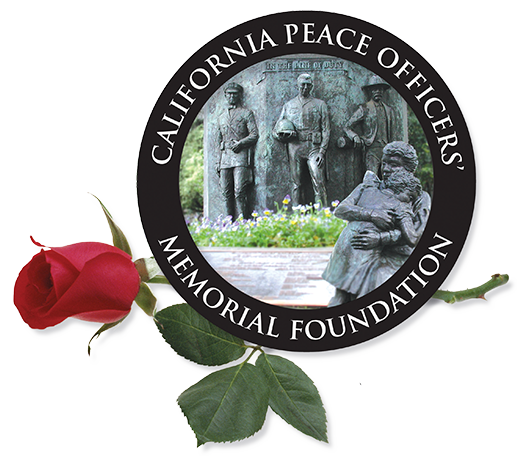Brea police detective Danny Valenzuela died May 23, 1995, during a routine bicycle training exercise with officers from several Orange County law enforcement agencies.
Valenzuela, 39, collapsed as the cyclists pedaled from the Westminster to the Fountain Valley police firing range. Fellow officers performed CPR on Valenzuela until paramedics arrived. He was taken to Fountain Valley Regional Hospital and Medical Center where he was pronounced dead.
Valenzuela had no known medical condition and was physically fit, supervisors said. “It was totally unexpected,” said Captain James Winder. “We’re still in a really big state of shock here,” Brea Chief James E. Oman said. “Danny was an officer for 14 years. He was a very valuable member of our department. We’re going to miss him terribly.”
“We lost a member of our family. No one to blame it on, nowhere to displace your anger – that’s what makes it hard,” said Lieutenant Mike Messina.
Valenzuela began service on the Brea force as a patrol officer and became a detective in 1990, but remained part of the department’s popular bicycle unit, Oman said. Valenzuela was hired by the Brea department in 1980 as a patrol officer. In 1987 he joined the motor patrol where he served until becoming a detective. He was the first Brea officer to die on duty since the city was incorporated in 1917.
Captain Tom Christian wrote about Valenzuela: “Danny was a peacemaker. With his quiet and sure manner, he was able to restore calm to the most troubled situations.
“Danny was a team player. How many times did he put aside his own work to assist others? How many times did we hear his voice on the radio volunteering to back up an officer on an alarm call or a family fight?
“Danny was a leader. He was at the forefront of change. He was a charter member of the Crimes Suppression Unit, the Bicycle Patrol and the Peer Counseling Team.
“Danny was a giver. So many times when faced with manpower shortages and a lack of volunteers, he would offer his services.
“Danny was a teacher. He believed in teaching by example. He ‘walked like he talked.’
“Danny was a facilitator. He worked on the city manager’s task force on the Job Center and helped make this difficult project a reality.
“Danny was a healer He was capable of handling emotional and difficult people in situations that few others could manage. His calm and friendly manner soothed the angry and comforted the distraught. He intuitively knew the right things to say and do.
“Danny was a caretaker. Whether working over a drowning victim to restore life, evacuating people from the line of fire or working as a hostage negotiator, he gave himself completely to the care of others.
“When I think of these things, I think of Danny. But mostly, when I think of Danny, Danny was my friend. ‘Danny siempre vive en nuestro corazon.’ Goodbye, Danny.”
Valenzuela is survived by his wife Jean and children Diana, 17; Brian, 15; Sarah, 8; and Christopher, 4.
A memorial fund was established for Valenzuela’s family. Donations can be mailed to the Danny Valenzuela Memorial Fund, c/o Brea Police Officers Association, P.O. Box 243, Brea, CA 92622.

 Bob Davis was not your typical peace officer. He had already retired from the military after a distinguished career with the elite Navy Seals. Davis graduated from the police academy in Santa Rosa in December of 1987. On January 10, 1988, he began his second career with the Mendocino County Sheriff’s Department. After completing his field training, he was assigned to the North Area Substation.
Bob Davis was not your typical peace officer. He had already retired from the military after a distinguished career with the elite Navy Seals. Davis graduated from the police academy in Santa Rosa in December of 1987. On January 10, 1988, he began his second career with the Mendocino County Sheriff’s Department. After completing his field training, he was assigned to the North Area Substation.